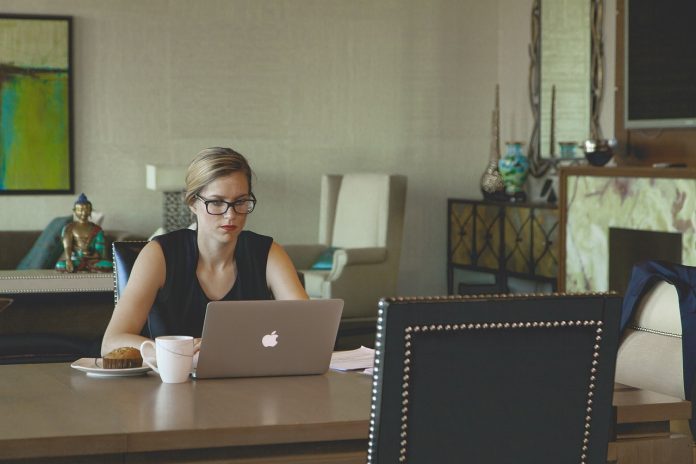2020 has been a year of extremes. Huge swathes of the country threatened by fire, then smaller parts threatened by flood, and now we’re all being threatened with COVID-19 which places some of the most vulnerable members of our community at risk. On top of that, it’s scaring everyone else into previously unseen behaviour.
With an increasing number of organisations sending their workforces home and closing up shop for a few weeks, working from home is a real prospect facing a lot of us. Some of our team are working from home from their day jobs today, and I suspect more will be by the end of this week.
The general consensus on best practice seems to be to treat yourself as a potential risk to everyone else, and to treat everyone else as a potential risk to you – avoid unnecessary physical contact, keep your distance from people, and wash your hands carefully and often.
There’s a mountain of great advice from the health authorities, so I’m not going to repeat it here, except to encourage you to do your own research on what’s best for you.
With social distancing, working from home, and hygiene requirements making going out in public something that should be generally avoided, here’s some great ways to maintain social contact and stay in touch with friends, family and colleagues while you’re stuck at home.
Stay in touch with your friends and family
There’s the obvious solutions – text messaging and phone calls have been around for a long time, and we can still do those things!
What if you want to see your relatives?
Google’s Duo is a great, free video calling service and you can use it to speak to a few people at once – want to arrange a video call with your parents and your siblings? Go right ahead! You can!
It’s a great way to video chat between home and work too – if your household has compatible Google Home / Nest devices, you can video call those from your phone, and if your family members have compatible Android or iOS devices, you can ring them too and say hi from work.
Of course, there’s plenty of non-Googley options, but some of the most obvious:
- Apple’s Facetime service
- Skype
If you have older family members who could be at risk if they were to pick up COVID-19, it might be a good idea to keep them as safe as possible and stay in touch with them online.
Of course, that’s great practice anyway for relatives you mightn’t see as often as you like!
Keep in the loop with work and colleagues
If you’re working from home, and if your employer is geared up for this situation, chances are they’ve got some good measures in place to keep everyone engaged, feeling involved and part of the team.

Products like Microsoft Teams, Zoom meetings, Google Hangouts Meet, and GoToMeeting are great ways for teams to get together; it’s more than just a phone call, where you can all see each other, talk about what’s going on, discuss your work and – perhaps most importantly – keep those interpersonal and social connections alive while you’re all physically apart.
If your business is smaller and doesn’t have access to these things already, what better time to try them out?
Zoom, for example, offers a free tier – so there’s no cost – that allows participants to get together for up to 40 minutes. Without any cost, your team can catch up virtually for a morning start-up chat, have lunch together, or check in and the end of the day. Or all three!
Looking after yourself while working from home is important, too
Working from home doesn’t mean spending days or weeks in solitary confinement. When you’re working in the same space you live in, there’s precautions you should take to look after yourself, physically and mentally:
- Get outside and get some fresh air
- If you can, open your windows and doors for at least part of the day and keep the air in your house fresh
- Keep a routine – don’t sit around in your pyjamas all day, don’t spend all day on the couch watching Netflix, and make sure you move around
- Try to keep something different between “home” and “work” – set aside a workspace you can do work in, and when you have lunch, or “go home” for the day, go somewhere else. Resist the urge to work in bed, on the couch with the TV on, etc and keep those things as “home” activities – this helps the mental separation between home and work
- Eat and drink well – don’t snack all day, drink plenty, and try to have a healthy lunch
- Unless you have to self-isolate for health reasons, keep up your normal activities, too! Keep swimming, keep walking the dog, get out of the house and do normal things – working from home doesn’t mean living in a bubble
And, if you’ve missed the key message from this story, stay in touch with family, friends and work colleagues! Except those that you’d probably choose to avoid anyway 😉
Want to read about someone who’s taken Working from Home to the extreme? LifeHackerGuy is a blogger who works from home and takes advantage of co-working spaces – check out his site lifehackerguy.com whe




